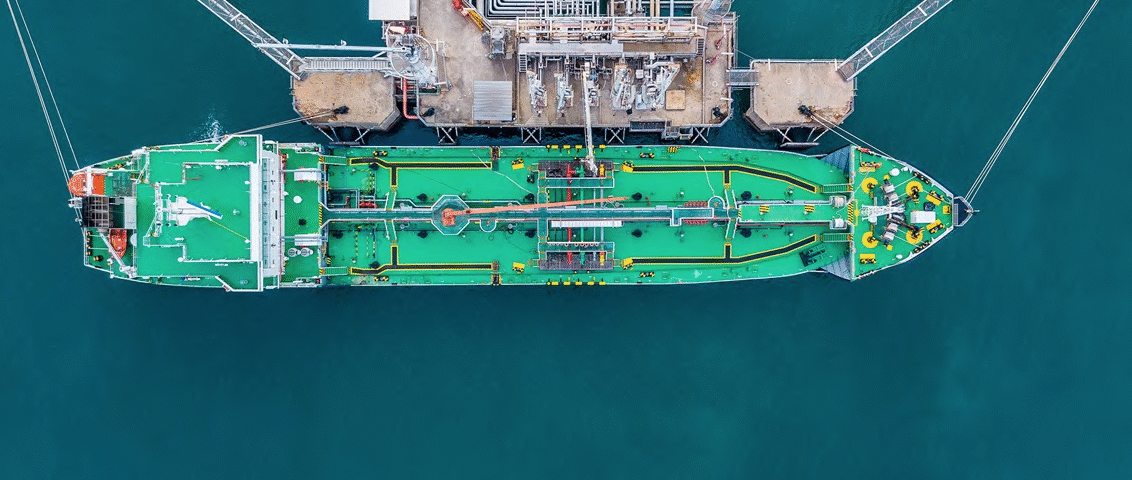The process of deinstitutionalization of maritime transport governance due to competing institutional logics in the context of the latest study of PortEconomics members Jason Monios and Adolf Ng published in the scientific journal Journal of Transport Geography (Volume 94).
The sector continues to operate with a business-as-usual logic while simultaneously paying lip service to a logic of sustainability. The key regulator of the sector, the International Maritime Organization (IMO), attempts to bring in stricter environmental legislation, but the dominant logic will not allow these developments. At the same time, the sustainability logic driven by peripheral actors cannot achieve domination. This leads to an ongoing erosion of the legitimacy of the institution of maritime transport governance and a state of inertia with no new institution able to emerge. This stagnation is, in some ways, worse than a decline because current issues cannot be addressed, leading to a loss of trust in the system, further stagnation and impasse, and no action on GHG emissions.
Follow the link to access Journal’s webpage and download Jason’s and Adolf’s study.












